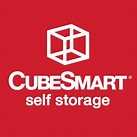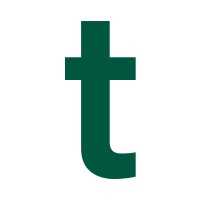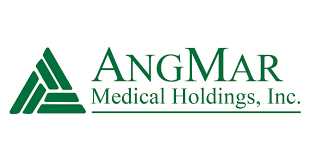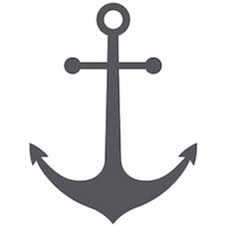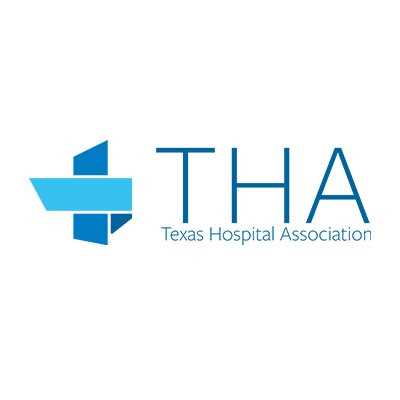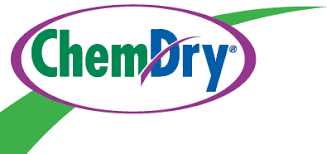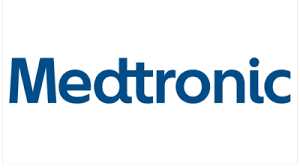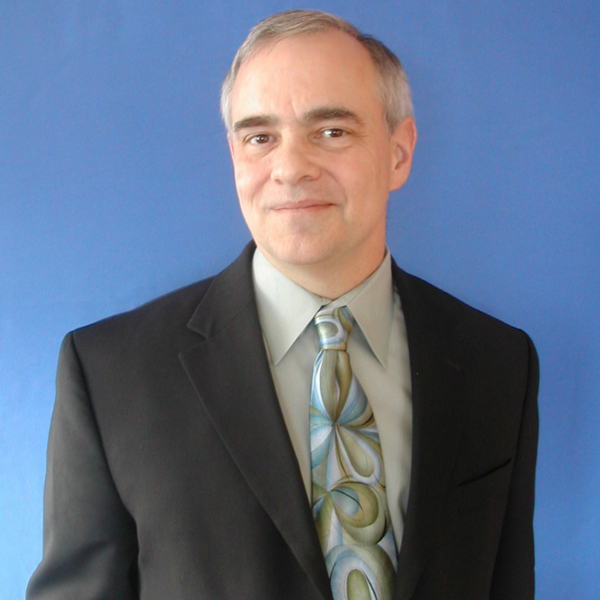
Jason Ohler Speaker Biography
Dr. Jason Ohler is a professor emeritus, speaker, writer, teacher and cyber culture researcher. He is also a lifelong futurist and digital humanist. Three decades ago at the University of Alaska he helped create one of the first educational technology programs in the U.S. devoted to teacher and student empowerment, and has been involved in the world of digital learning ever since. He has worked both online and in classrooms at home and internationally during this time, helping students develop the new media literacies they need to be successful in the digital age. He was a pioneer in the “blended learning” movement, helping to craft individualized educational solutions using distributed learning technology. He is a passionate promoter of “Art the Next R” and of combining innovation, creativity and digital know-how to help reinvent teaching and learning. He is also an enthusiastic champion of the need for students to learn how to use technology wisely and safely, with awareness and compassion, so they can become informed and productive citizens in a global digital society.
Jason has appeared on many radio stations, including ABC, CBS and Clear Channel affiliates, as a special commentator for issues related to people and technology. Commentaries are sometimes funny, sometimes serious, always original.
He has won numerous awards for his work and is author of many books, articles, and online resources. He continues to be a regular contributor to Educational Technology magazine, providing insight about the “3Ds”: digital literacy, digital storytelling, and digital citizenship. His current book, Digital Community, Digital Citizen, explores the issues of helping our students blend their digital and non-digital lives into one integrated approach to living. His previous book, Digital Storytelling in the Classroom – a Corwin Press Best Seller - reminds us that he is first and foremost a storyteller, telling tales of the future that are grounded in the past.
“The goal is the effective, creative, and wise use of technology . . . to bring together technology, community, and learning in ways that work. And while we are at it, to have fun.”
To book Jason Ohler call Executive Speakers Bureau at 901-754-9404.
Passion, humor, intelligence...and a quarter century of experience
Jason is well known for the passion, humor and intelligence he brings to his keynotes. Combining twenty-five years of experience in the educational technology field with an eye for the future, he connects with the audience where they are, and helps them see their importance in the future development of living, learning and working in the Digital Age. He clearly loves what he does, and loves sharing what he knows with others.
Trends that Bend: Technological Trajectories That Will Change Everything
Big Data, Augmented Reality, Semantic Web (webs 3 and 4), xTreme BYOD, Transmedia Storytelling
Our current technological trajectory promises unfathomable, rollercoaster innovation with no braking system. It excites us and scares us. Above all, it changes us. This keynote considers at least five of the major technological trends that are just cresting and making their way into the educational arena: big data, augmented reality, the semantic web (webs 3 and 4), xtreme byod and transmedia storytelling. We look at what they are, where they came from, and where they are going. In particular, we look at how they will shape the nature of teaching and learning.
New Media, New Kids- New Literacies, New Citizens
Transforming learning through digital creativity
What are some of the key issues that define leading and learning in the digital age? Digital literacy, new media participation and digital citizenship. Without digital literacy, digital citizenship is not possible. Therefore, we need to help students become truly literate by helping them become active media creators, critical media consumers and engaged digital citizens.
This includes helping them cultivate their new media talents, adopt art as the 4th R and use research and narrative to convey their ideas in rich, compelling ways. We need to help them create media stories and projects that are articulate, academically sound and transformative so they can collaborate and share their work and talents within the community of the social web. Above all, we need to help them learn how to use their tools to imagine the world they want to create, as students, workers, neighbors, citizens. This presentation includes showing examples of student media production and digital citizenship projects. It is based on Jason’s latest book, Digital Community, Digital Citizen (Corwin Press, 2010) and Digital Storytelling in the Classroom: New Media Pathways to Literacy, Learning and Creativity (Corwin Press, 2008).
Based on Jason's books: Digital Storytelling in the Classroom: New Media Pathways to Literacy, Learning and Creativity (Corwin Press, 2007), and Digital Community, Digital Citizen (Corwin Press, 2010).
Digital Citizenship for Kids, Teachers, Administrators... Citizens
The ethics and opportunities of living a digital lifestyle
For many, digital citizenship has become a cauldron into which they have put every fear they have about our children being in cyberspace. But if we are wise, and look beyond our fears, we will use digital citizenship to create the kinds of digital lifestyles and communities that reflect what's best in us. After all, we want students to learn how to use technology and the internet not only safely and responsibly, but also with a sense of inspiration and opportunity about the value of both in their lives.
This presentation explores ISTE's Digital Citizenship Standard from the perspective of helping us understand "the big picture" of living a digital lifestyle. It provides practical perspectives and activities for developing school policy, student engagement and parental involvement in ways that take advantage of what digital citizenship has to offer. It explores specific issues, such as appropriate online behavior, using material found on the Internet and how to create a digital footprint that is both safe and positive. Above all, it helps participants address the question: How do we use technology wisely, as well as effectively and creatively, in order to strike a balance between the human and the technical so that we can build the kind of world we want?
Based on Jason's books: Digital Community, Digital Citizen (Corwin Press, 2010), about which Will Richardson said, "...excels at showing how digital connections affect almost every aspect of school life. This is an important read for anyone wanting to understand technology's impact on education." Also, Taming the Beast: Choice and Control in the Electronic Jungle (Technos Press, 2009), which Neil Postman called "...the best of the books appearing about the (effects of) media in the education of our youth."
Then What? The Past, Present and Future of Education and Technology
In an age of "No Child Left Behind," what is technology's role?
Should we go digital? Or go ditch it all?
After gobs of glizty digital gear, endless excruciating software upgrades, computers that teach us math and robots that clean house, Then What?
Listen to the story of William Tell, hero of Jason's novel about living and learning in the Digital Age. Then What? is a fun, serious, roller coaster of a story about a computer savant who tries to find a path with a heart in a plastic and silicon world gone crazy with innovation. It is the story of personal transformation as William goes from geeker, to seeker, to teacher, to innovative designer of new schools for new times. It is a story about how we absolutely must re-think our schools if we are going to prepare our kids for the lives they will live, rather than the lives we are used to.
Then What? is also a story about the importance of teachers throughout our lives-- school teachers, parents, friends, mentors at work, and everyone else who has enriched our lives by teaching us something important and new. It is about how life is a constant source of new experiences that will teach us as much as we will allow them to.
Above all, it is a story about you and your struggle to understand the rapidly changing times in which you live. It is about how to help you connect to life in the Digital Age with friends, co-workers, community and family. It is about how to become empowered by the technology that is now a part of your every day life, regardless of what you do. It is about how and why we should all use the tools of the Digital Age to tell our stories.
Based on Jason's novel: Then What? Everyone's Guide to Living, Learning and Having fun in the Digital Age, which "...creates a road map for education that is...profound, pragmatic…indispensable." (Bob Landauer, senior editor of the Oregonian)
New Media Narrative in the Classroom - Creativity, Curriculum and Assessment
This is an excellent breakout session following the New Media, New Students - New Literacies, New Citizens presentation described above, showing a number of the practical aspects of helping students create thoughtful, effective media, including video and digital stories. It also serves as a keynote for educators ready to get down to the business of students creating effective, articulate media for school projects. Note that this is appropriate for teachers at any level of technology literacy, from novice to geek.
What is one of main reasons that teachers don't require movies, digital stories, Web 2.0 and other new media narrative projects? Because they don't know how to assess them. In an era of No Child Left Behind, teachers are understandably reluctant to try new approaches to class work, particularly when they are not comfortable evaluating what students produce.
Yet, the fact is that kids aren’t just consuming media, they're creating it, using images, music and more. They inhabit both sides of the literacy equation: production and consumption, and we need to find ways to let them use their own language in the classroom.
Learn how to listen to, deconstruct and evaluate new media narrative and digital stories so you can give students helpful feedback on their media projects. Learn how to use "media grammar" as a way to talk to your students about the media they produce. Learn how to evaluate "story" as well as how to use stories in content areas. And learn how to help students create better new media and digital stories, regardless of your technical know-how.
Also addressed are where to find and use some of the many free resources available to you on the web.
Based on Jason's book: Digital Storytelling in the Classroom: New Media Pathways to Literacy, Learning and Creativity (Corwin Press, 2007). "This book illuminates the very heart and soul of learning and digital technology." (Walter Bender, President of MIT's One to One Laptop Program).
Teachies are from Venus, Techies are from Mars
Improving your organization's communication helps everyone
Teachie: Lend me your ears!
Techie: Boot up your aural input devices!
Houston, we have a problem. Teachies and techies need to work together but they speak different languages. This presentation addresses how to bridge the gap between the two planets and create a better working environment for everyone within your school or organization. Topics covered include the blending of soft skills and hard skills, EQ, the role of standards for technicians, teamwork and interpersonal dynamics, humanizing the communication environment and other issues of interplanetary importance.
Works as a keynote and/or a workshop.



